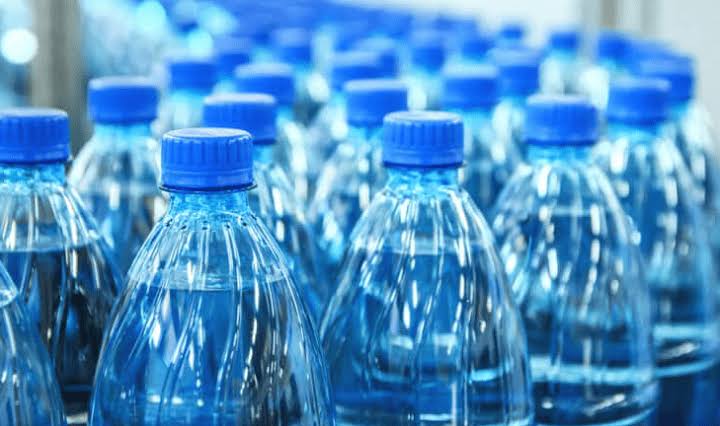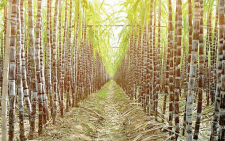Excise tax on beverages set to go up this month

The enforcement of Excisable Goods Management System (EGMS), which is expected to drastically reduce illicit products in Kenya, comes into force on January 31, and will help Kenya Revenue Authority (KRA) increase tax collection.
KRA rolled out EGMS on November 17 last year, a system that requires manufacturers and importers of bottled water, juices, energy drinks, soda, cosmetics and other non-alcoholic beverages to affix excise stamp duty on their products.
According to TaxKenya.Com, EGMS has a quick response code, a security measure allowing consumers, retailers and distributors using smart phones to authenticate whether goods they are buying are real or illicit.
KRA’s objective in introducing the EGMS was to prevent production of illicit products and create a fair trade environment in an exercise expected to net an additional Sh3.6 billion from excise tax.
According to the Kenya Association of Manufacturers (KAM), counterfeiting and other forms of illicit trade cost the country an estimated Sh70 billion per year.
Porous borders
While speaking to CNBC last year, deputy director of enforcement and legal services at Anti-Counterfeit Authority (ACA), Johnson Adera attributed this to the country’s porous border, regional integration, lack of harmonisation of law on counterfeits, differences in tax regime and low awareness levels.
“We have seen an upsurge of imported goods all the way from the Port of Mombasa to Kampala, then the same counterfeit goods come back into the country through regular and illegal routes,” said Adera.
The system was not received well by KAM, with chairman Sachen Gudka saying that though well intended, the move will have a negative impact on industry by raising operating costs and capital expenditures, thereby significantly increasing the cost of doing business, which ends up raising the cost of living for Kenyans.
Small businesses
“The costs attached to EGMS range from Sh0.50 to Sh2.80 per unit, which is high for all manufacturers and untenable for small industries. This will impact negatively on the competitiveness of industry,” said Gudka.
Further, he said, manufacturers do not have any control on possible increment on the excise stamp duty in future, as experienced by some sectors such as tobacco manufacturers, whose duty was increased from Sh1.5 to Sh2.8 per unit, a factor that creates an unpredictable business environment that is a major disincentive for investments.












